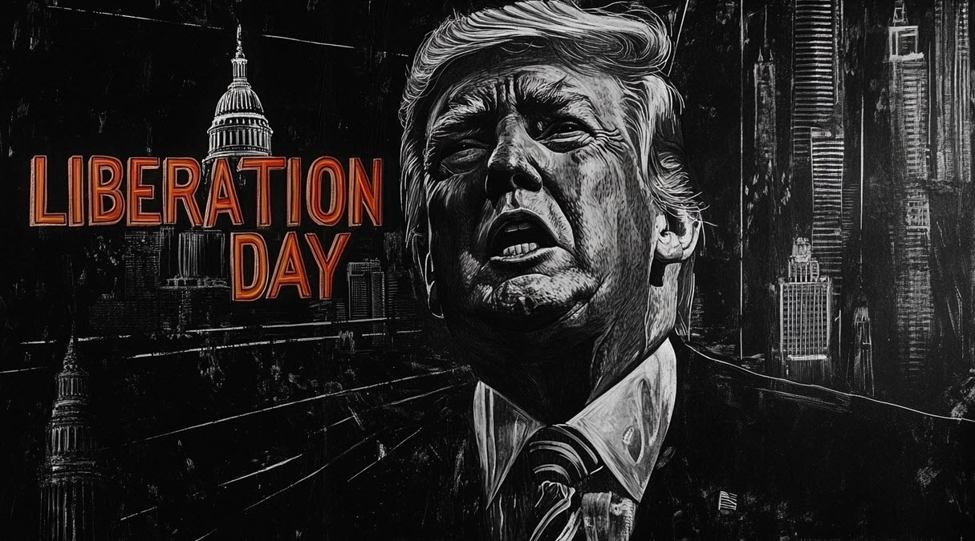
Market Jitters: Auto Tariffs Cast a Shadow Over US Stocks
The US stock market experienced a significant downturn today, plummeting to its daily lows amidst growing anxieties surrounding potential auto tariffs. While the Trump administration has attempted to downplay the likelihood of imminent tariffs, the lingering threat continues to unsettle investors and fuel market volatility. This uncertainty, despite reassurances, is creating a palpable sense of unease just days before a crucial deadline.
The situation is far from straightforward. Even with attempts to de-escalate the situation, the potential ramifications of auto tariffs are vast and complex, creating a high level of risk aversion among investors. A multitude of factors contribute to this unease. Firstly, the sheer scale of the potential impact is significant. The automotive industry is a major component of the US economy, employing millions and contributing billions to GDP. Tariffs could trigger a ripple effect, impacting related industries, supply chains, and consumer prices.
Secondly, the lack of transparency and the unpredictable nature of the situation exacerbate the problem. While official statements may attempt to project a sense of calm, conflicting reports and behind-the-scenes negotiations fuel speculation and uncertainty. Leaks and whispers of potential policy shifts only heighten the feeling of instability, leading to reactionary trading based on rumour and speculation rather than concrete information. This makes it difficult for investors to formulate effective strategies and increases the likelihood of market overreactions.
Furthermore, the global implications of such a move cannot be overlooked. The interconnectedness of the global economy means that imposing tariffs on imported vehicles could easily provoke retaliatory measures from other countries, escalating the situation into a damaging trade war. This would impact not only the US but also international markets, potentially leading to a global economic slowdown. The potential for unforeseen consequences is considerable, prompting a cautious approach from investors.
The current market downturn reflects a deep-seated concern about the potential for negative economic outcomes. While a temporary reprieve might be offered through negotiations or delays, the underlying issue remains: the threat of auto tariffs hangs over the market, creating an environment of heightened risk and uncertainty. The lack of clarity, combined with the potential for significant economic damage, makes it difficult for investors to gain confidence and invest with assurance. This uncertainty is likely to persist until concrete decisions are made and a clearer path forward is established. Until then, expect volatility and cautious trading as investors grapple with this ongoing uncertainty.
The situation highlights the delicate balance between trade policy and market stability. While protectionist measures might appeal to certain segments of the population, their potential to destabilize financial markets and harm the overall economy cannot be ignored. The current market reaction serves as a stark reminder of the interconnectedness of the global economy and the far-reaching consequences of trade disputes. The coming days will be crucial in determining the next steps and shaping the future trajectory of the market. Until then, a climate of apprehension and uncertainty is likely to prevail.



Leave a Reply